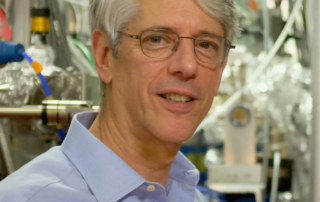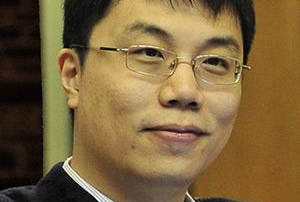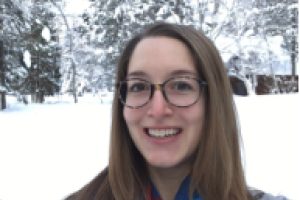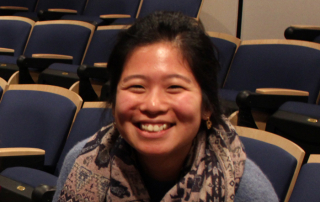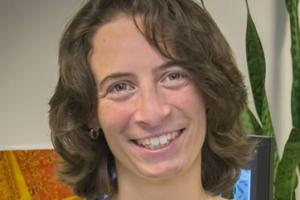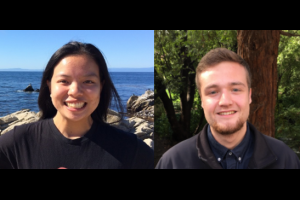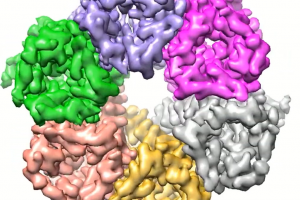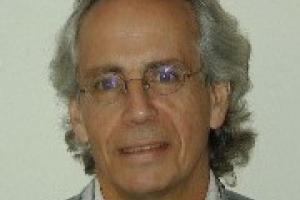Congrats to Roger Falcone for Being Elected as a Member of the National Academy of Sciences
The National Academy of Sciences announced today the election of 100 new members and 25 foreign associates in recognition of their distinguished and continuing achievements in original research. Forty percent of the newly elected members are women—the most ever elected in any one year to date. Those elected today bring the total number of active members to 2,347 and the total number of foreign associates to 487. Foreign associates are nonvoting members of the Academy, with citizenship outside the United States.
